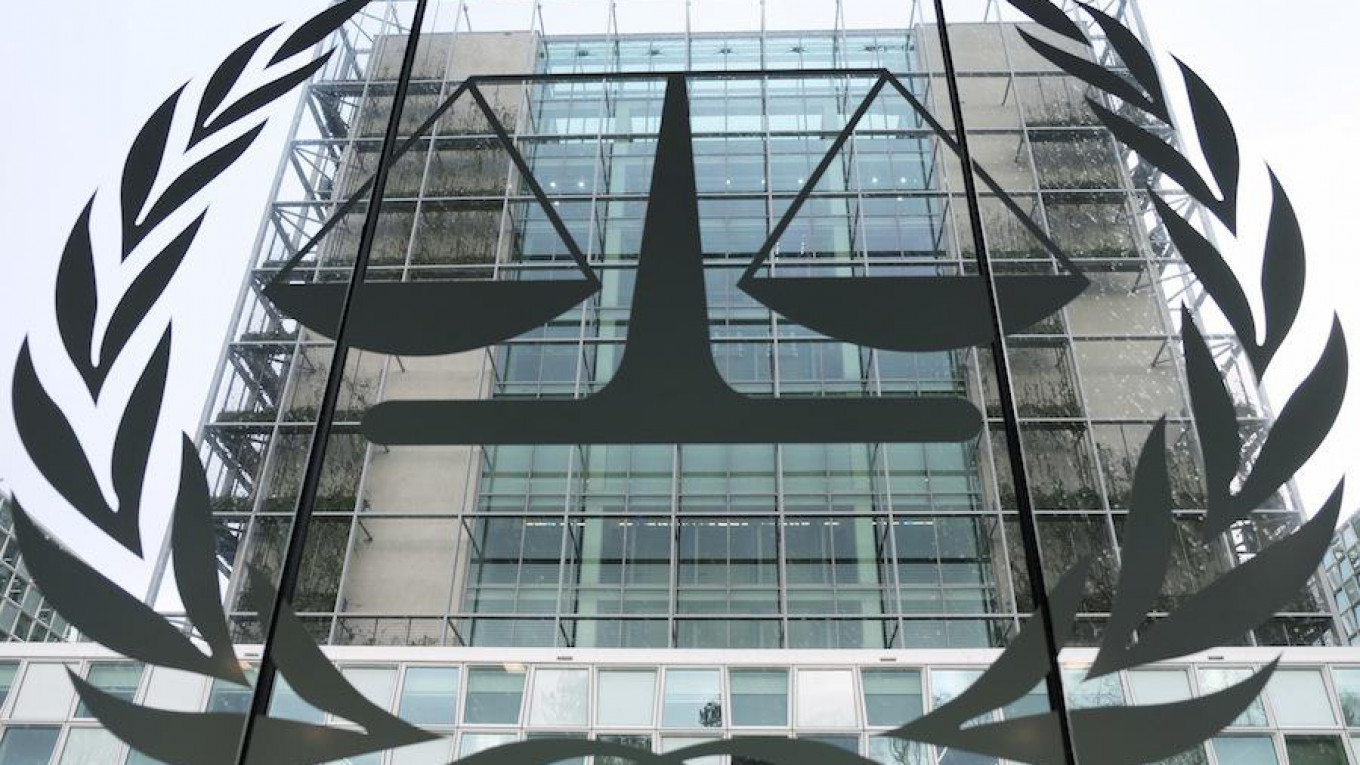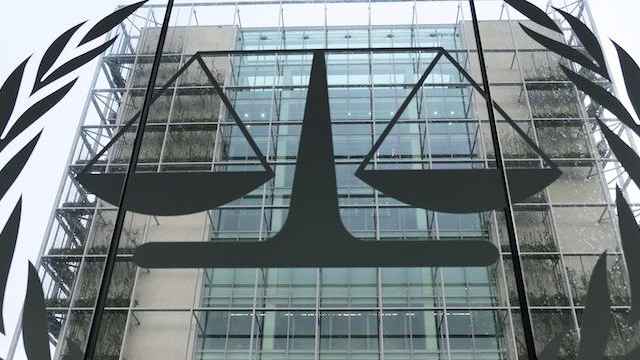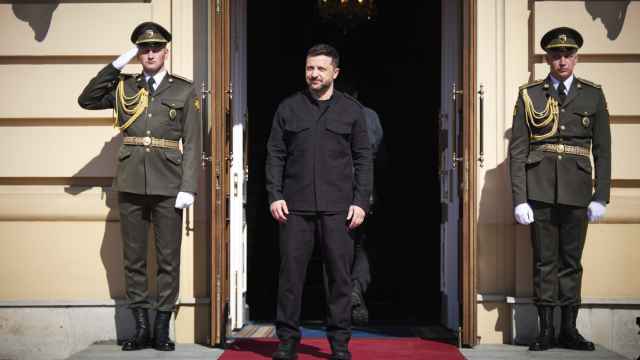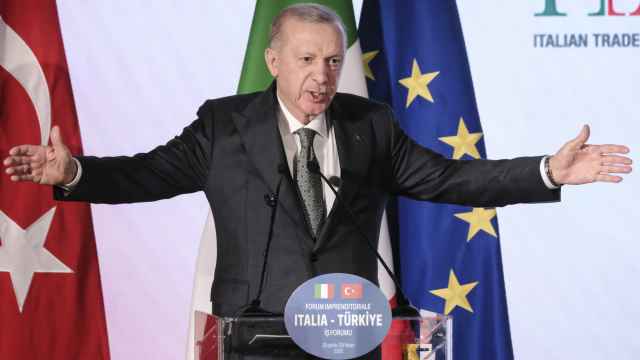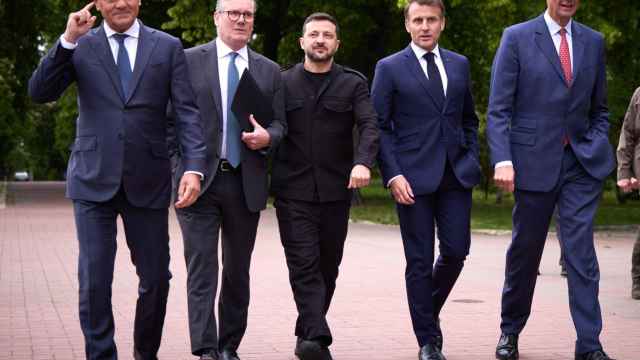On Nov. 16 2016, Russian President Vladimir Putin signed an order agreeing that the Ministry of Justice should notify the UN of Russia’s “intention not to become a party” to the Rome Statute of the International Criminal Court (ICC).
A statement by the Ministry of Foreign Affairs explained that Russia had signed the statute in 2000 (it never ratified it); expressed Russia’s view of the “failure” of the ICC; argued that it is “ineffective and one-sided;” and also noted that a number of African states are leaving the ICC. Russia could not trust the ICC’s response to the 2008 war between Russia and Georgia, it said.
Confusion reigns as to what Russia wanted to achieve by this move. Legally speaking, however, its actions are largely irrelevant.
The immediate trigger for the initiative appears to have been the publication on Nov. 14 of a new “report on preliminary examination activities” by the ICC’s Prosecutor, Fatou Bensouda.
This report lists such activities in relation to several countries including Ukraine, and also recognizes that Crimea has, as a matter of law, been occupied by Russia.
“Preliminary examinations” are begun in response to the prosecutor receiving information about possible war crimes. There are four phases to such examinations: (1) assessing the seriousness of the information; (2) formal commencement of a preliminary examination, to identify possible cases for the Court; (3) consideration of admissibility; and (4) deciding whether to initiate an investigation. An investigation may end in indictment and cases before the Court.
The Nov. 14 report listed Phase 2 preliminary examinations in respect to Burundi, Gabon, the UK (in relation to Iraq), Palestine and Ukraine.
The ICC Prosecutor has the authority to examine and then investigate alleged war crimes committed by nationals of a state which has ratified the Statute. For example, she can investigate the UK, which is a party to the ICC, and the actions of its armed forces in Iraq, which is not. But, and herein lies the rub for Russia, she can also examine alleged war crimes by any person on the territory of a state which is a party to or has agreed to the jurisdiction of the Court.
Ukraine has agreed to ICC jurisdiction for events on its territory from Nov. 21 2013 onward. A national of any country could therefore be investigated for crimes committed in Ukraine, including the Donbas and Crimea.
In formally commencing a preliminary examination, the Prosecutor has already decided that there was and is an international armed conflict in Crimea, because of Russia’s occupation, even if shots were not fired. She reports on information she has received of violations concerning the Crimean Tatars. She is deciding whether there is an international armed conflict in Donbas.
Why did Russia not withdraw from the ICC on Aug. 14 2008, when the Prosecutor announced the preliminary examination into the 2008 war with Georgia, or Jan. 27 2016, when the Court authorized her to open an Investigation? The Court could do so because Georgia is a party to the ICC, so nationals of any country including Russia could be in the frame for war crimes committed on Georgia’s territory. Russia expressed outrage at the time, but did not withdraw.
In other words, Russia’s “intention not to be a party” is, in reality , completely irrelevant. Yes, if it had become a “party” it would have to cooperate with the Prosecutor, as the UK is doing in relation to its actions in Iraq. But Russians can still be prosecuted whether or not Russia is a party.
The USA “unsigned” the ICC Statute in 2002, but has put huge effort into pressuring more than 100 countries to enter into “bilateral immunity agreements” not to surrender US citizens to the ICC. These agreements are probably ineffective.
Until now only Africans have come before the ICC. That deplorable fact soon may become history, if British and Russian nationals are indeed indicted.
Bill Bowring is Barrister and Professor of Law at Birkbeck College, University of London
A Message from The Moscow Times:
Dear readers,
We are facing unprecedented challenges. Russia's Prosecutor General's Office has designated The Moscow Times as an "undesirable" organization, criminalizing our work and putting our staff at risk of prosecution. This follows our earlier unjust labeling as a "foreign agent."
These actions are direct attempts to silence independent journalism in Russia. The authorities claim our work "discredits the decisions of the Russian leadership." We see things differently: we strive to provide accurate, unbiased reporting on Russia.
We, the journalists of The Moscow Times, refuse to be silenced. But to continue our work, we need your help.
Your support, no matter how small, makes a world of difference. If you can, please support us monthly starting from just $2. It's quick to set up, and every contribution makes a significant impact.
By supporting The Moscow Times, you're defending open, independent journalism in the face of repression. Thank you for standing with us.
Remind me later.


